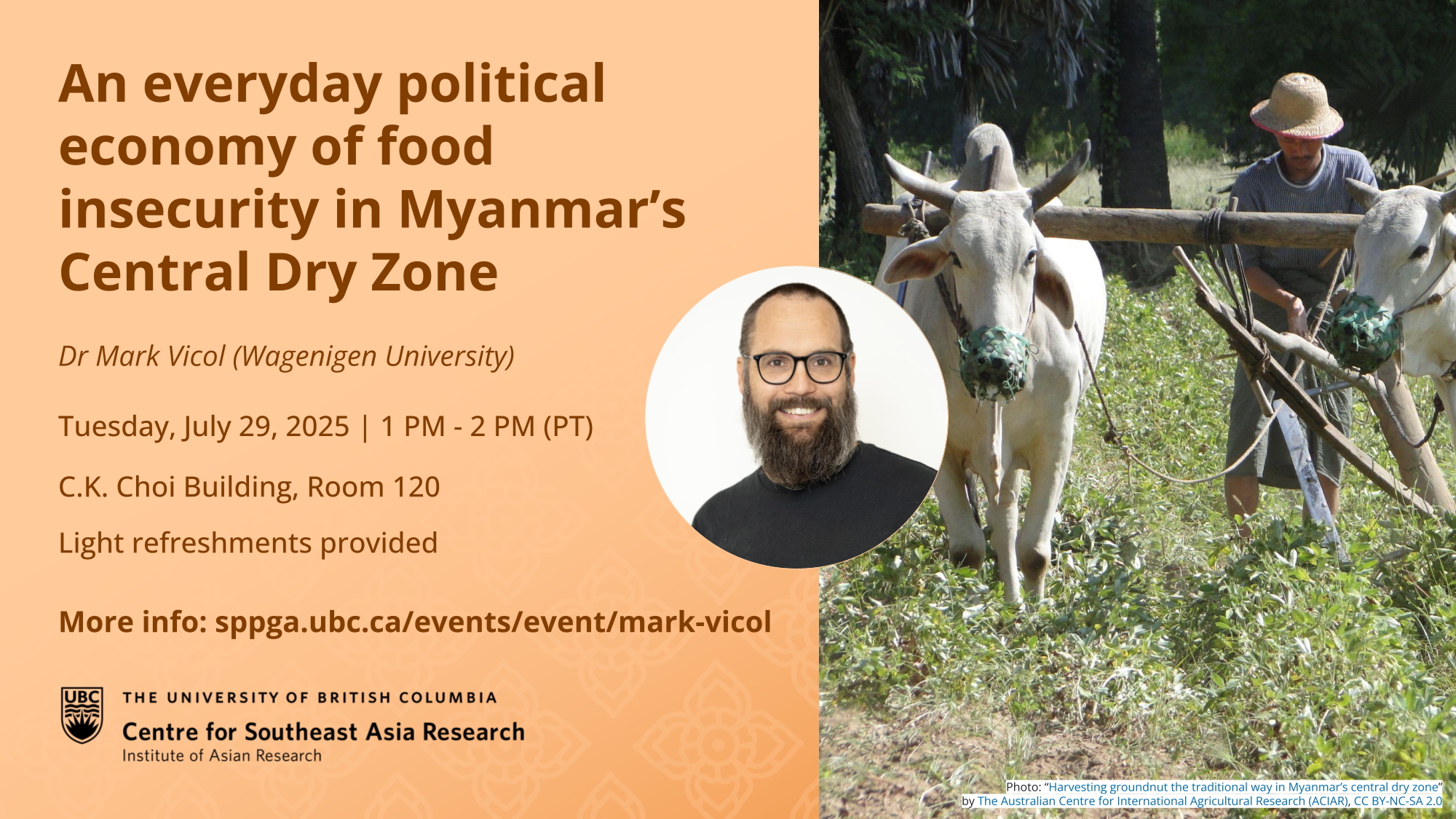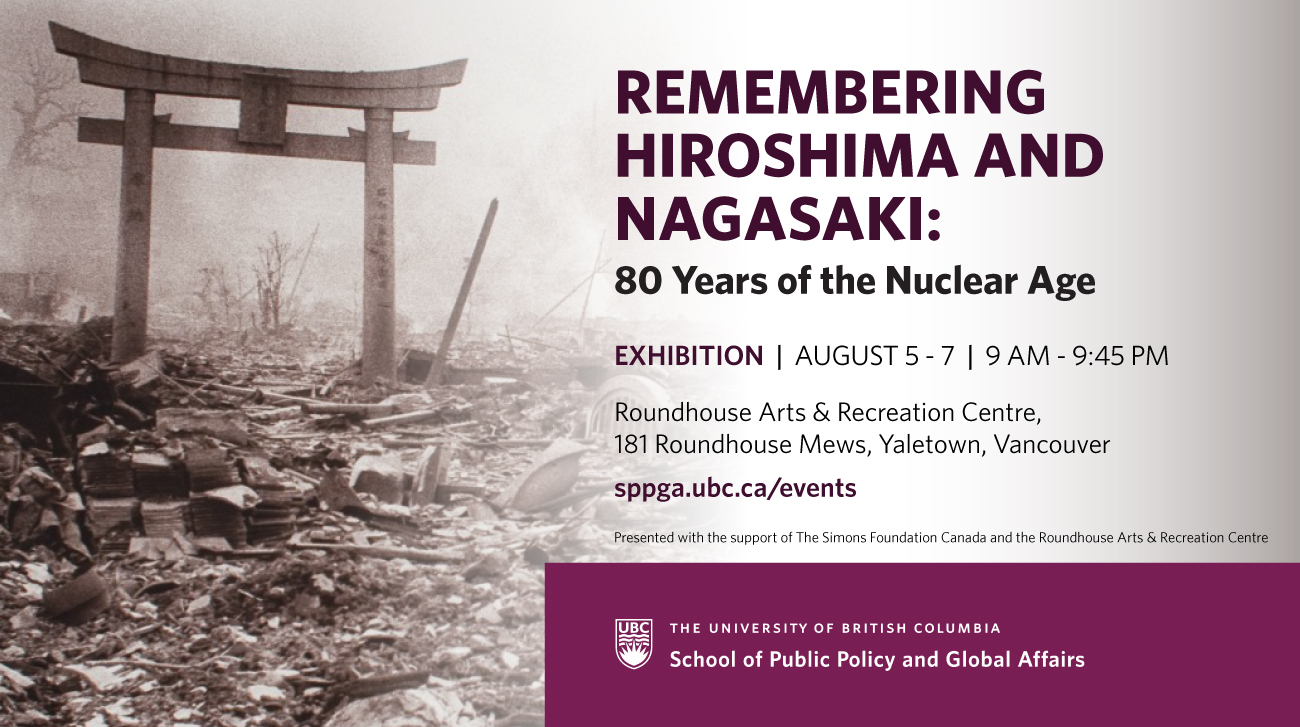The 2015 Nepal earthquakes had catastrophic impacts on the lives and property of Himalayan peoples. Join the UBC Himalaya Program as Dr. Spoon discusses his study which focuses on four settlements in two of the hardest hit districts with differing access, aid, and populations. We randomly selected 400 households in these locations and conducted two ten-week research phases at nine months and 1.5 years after the earthquakes. Using household surveys, in-depth interviews, and focus groups, we assessed the roles of hazard exposure, livelihood diversity, institutional context, connectivity, and social memory in the recovery process. Employing multivariate statistics and content analysis, our study found that accessibility, hazard exposure, and livelihood diversity were the strongest drivers of recovery outcomes. We then triangulated our results in a series of local and national research return workshops with the study participants and key consultants 2.5 years after the earthquakes. Our findings can assist policymakers, practitioners, academics, and other stakeholders to better understand the dynamics of natural disaster recovery in rural mountain communities in Nepal, the Himalaya, and beyond.
About the speaker:
Dr. Spoon is an Associate Professor of Anthropology at Portland State University and Senior Fellow at The Mountain Institute. His research focuses on indigenous ecological knowledge inside and around mountainous protected areas in the Nepalese Himalaya and the Western United States. He recently initiated a new project on social-ecological recovery after natural disasters in mountain ecosystems, focusing on areas with catastrophic impacts from the 2015 Nepal earthquakes. In all of these projects, he utilizes collaborative methods and applies research findings to tangible projects created in participatory ways.

